In Savita Nikam’s 10 x 10, one-room home in the Khardev Nagar neighborhood of Mumbai, India, more than ten people are packed almost shoulder to shoulder. Nikam is the center leader for her microloan group and it’s collection day. Sitting on the floor of her immaculate and brightly painted home, she collects and counts the money for the group loan payment. Dnyandev, the audit officer, joins the women on the floor, where I squeeze in next to Vishal Pawar, the local branch manager who introduces me to the group. I’m greeted with, “Namaste” from the group and they open the meeting with a pledge that emphasizes personal and group financial responsibility.
The women are clients of Suryoday, a microfinance company based in Navi Mumbai (New Bombay). The company follows the business model pioneered by Nobel Laureate Muhammad Yunus at Grameen Bank in Bangladesh; tiny loans are given to a group of clients (99% are women) and divided evenly amongst the group. The money is used to launch or expand small businesses and thereby improve the financial well-being of economically disadvantaged clients. At the Khardev Nagar meeting, the women are mostly caterers, tailors or perfume makers. They are responsible for loan repayment as a group and if one member defaults, they all default. The women do not have traditional assets to offer as collateral, but they do value their social capital and reputations within the community. If one member is struggling to make a payment, the others will make up the difference in order to avoid default. The result is a company-wide repayment rate approaching 100%. Through a translator, Nikam’s group said that they are currently helping a struggling member with payments. That’s just part of the deal.
Dan Guiffrida, an American who came to India to work with Suryoday for a year, says that microfinance companies have found the most success in loaning to groups of women. Not only do women feel a commitment to each other, they are more likely to repay and reinvest in their families and communities. The women are also more likely to have respect at home and within the community because they are contributing economically. A typical loan is 16,500 Rupees (around $300) per group member for the first 24-month period.
When asked how their husbands and children feel about their work as small businesswomen, Nikam and her cohorts tell me that their families are proud of them. It’s also clear that these women are proud of their children and have high hopes for the future as the rising economic fortunes of India are creating new opportunities for younger generations. When I ask what their children aspired to be I hear, “engineer”’ “doctor,” “teacher” and “police officer.”’ Upward mobility is becoming a reality in this emerging economy. Opportunities for the economically disadvantaged, especially for women, have increased many fold over the last 20 years.
Suryoday Microfinance was founded in 2009 by colleagues from GE Capital who were, “amazed by the huge potential of [this] under-served segment,” said Suryoday CEO, R. Baskar Babu.
Microloans were pioneered by NGOs in the 1970s, but after Yunus demonstrated the growth potential for-profit companies jumped into the industry. Mr. Baskar was very clear that the company is not a charity. He calls it “win-win” for clients and the financial services company. It’s what some might call a social venture enterprise; the business partners with the client for the betterment of a community and everyone makes money. Baskar also pointed out nonprofits were not able to scale their enterprises, but for-profits can expand and have a much wider impact.
Traditional banks wouldn’t give these women the time of day. According to Baskar, microfinance institutions, “treat the women as a customer on an equal transactional relationship.” The interest rates are higher on microloans because there is more field work and, for lack of a better phrase, more hand-holding. One desired outcome is to introduce these women to the formal banking system and promote financial literacy. That was also part of the plan when the team at Suryoday created a new program this summer — microfranchises.
One day I noticed that a new, more professional vegetable vendor was selling produce in the parking garage of my Mumbai housing society. It was a microfranchise pilot program being tested by Suryoday. Women from the community were learning to run their own vegetable stand with back-end support being provided by Suryoday. The idea was to provide regular paychecks, lower the risk to the entrepreneurs while helping them with the back-office details. It turned out that Mr. Baskar was my neighbor, which is why our apartment complex was home to the pilot program. The goal was to have these fruit and vegetable stands in affluent housing societies across Mumbai where neighborhood women would be employed and able to share in the profits.
As Mr. Babu sat at the dining table of his well appointed Mumbai flat, it was impossible not to notice the symbolism behind him. A large statue of the Hindu god Ganesha was just over his shoulder. The elephant-headed god is known as the remover of obstacles and, in a sense, that’s what Suryoday does for it’s clients. Once the obstacles are removed, however, the women are in charge of their own success.
Following the meeting in Savita Nakim’s house, a slim and elegant looking young woman named Vijaya Mhatre agrees to show us her at-home business. We climb the narrow steps to the second floor and second room of yet another spotless little home in the “slums.” She graciously unpacks her work area with an ancient looking sewing machine and little wooden stool. Her bashful adolescent daughter, Kirti hovers around us. She giggles at my rudimentary Hindi, tells me about her fish tank and sheepishly says she wants to be a police officer when she grows up. Being a police office in India isn’t exactly comparable to being a well-paid, highly trained police officer in the U.S., but for many families, it signals a step up the financial ladder. The fact that Kirti’s mother is earning extra money for the family makes this more likely. The longer a family can afford to have a child in school and not in the workforce or married off at a young age, the more likely that the prospects of the next generation will improve.
According to their website, Suryoday is the Sanskrit word for “sunrise.” For many of it’s clients and the clients of legitimate microfinance companies across the globe, these loans do signify a new day and the beginning of greater prosperity and hope. I can see that hope in the faces of all the women of the Khardev Nagar group.
For further reading about the products offered by Suryoday, please visit their website. SuryodayMF.com
Here is some of the raw video I shot of the vegetable stand and of the women in Khardev Nagar.

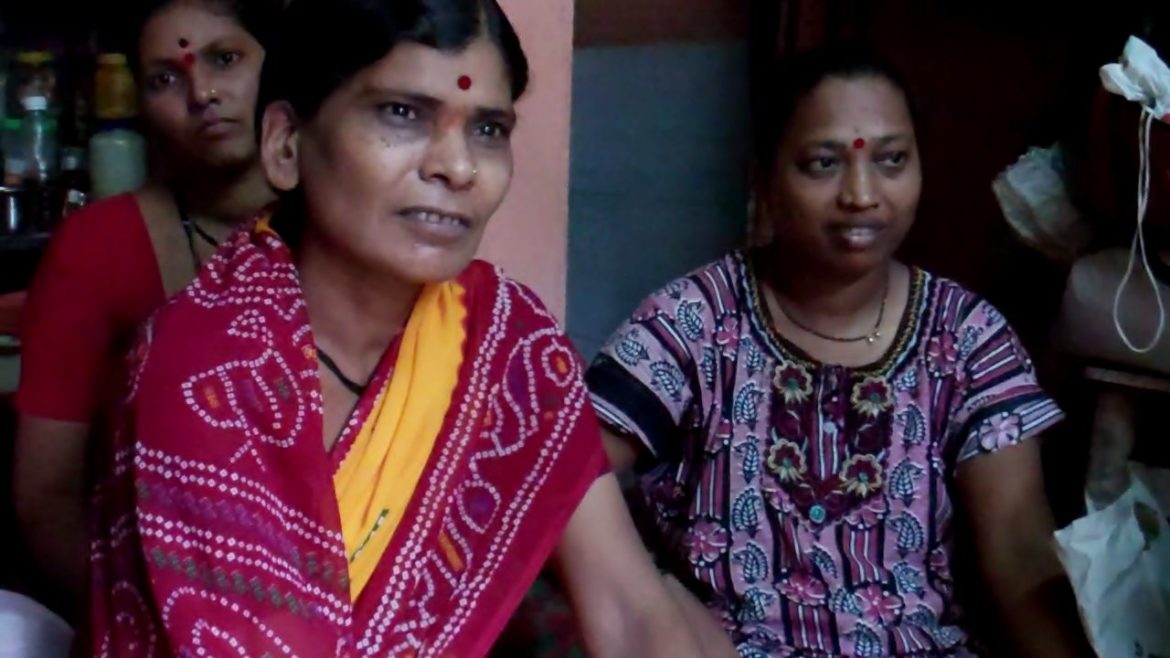
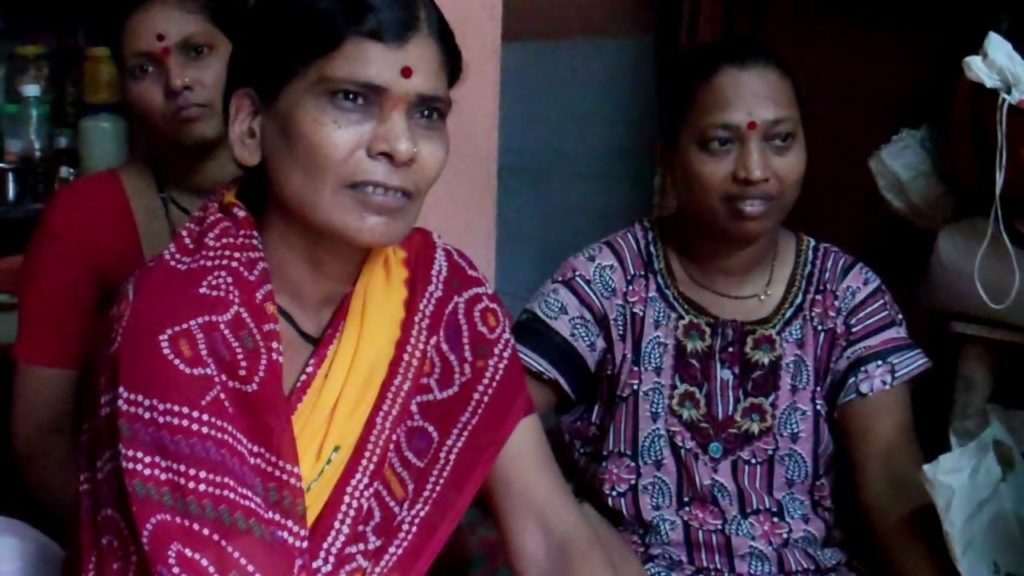
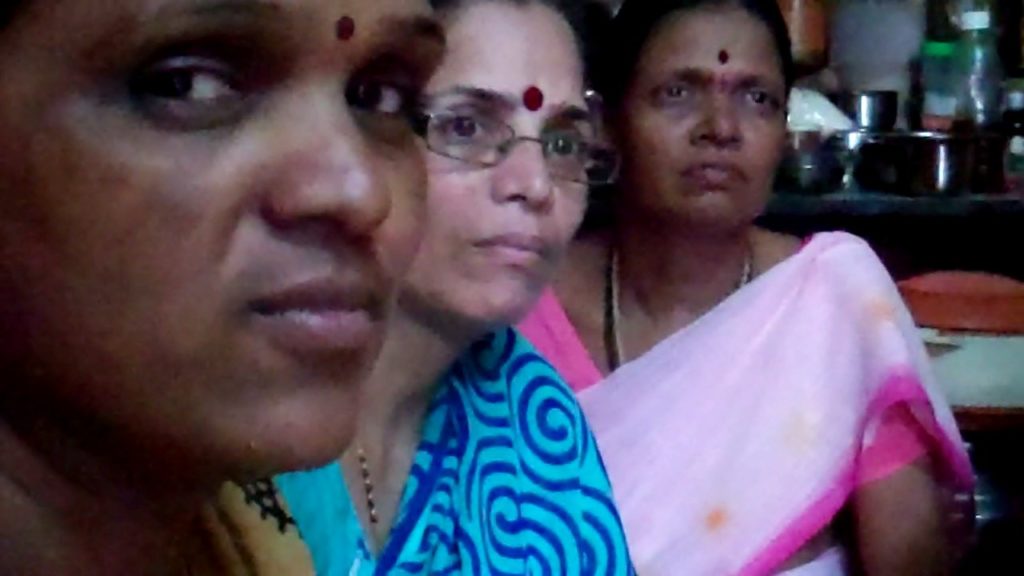
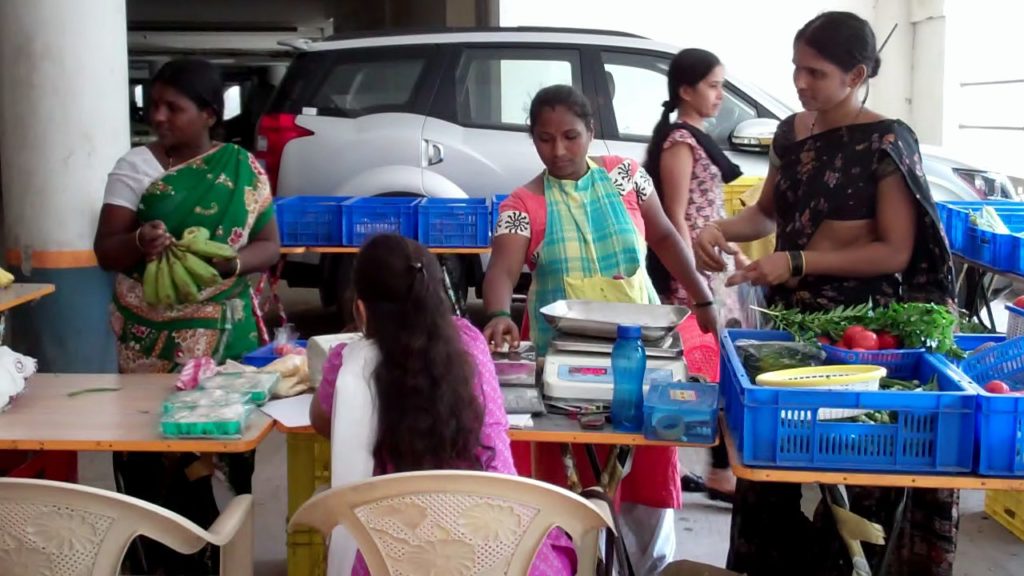
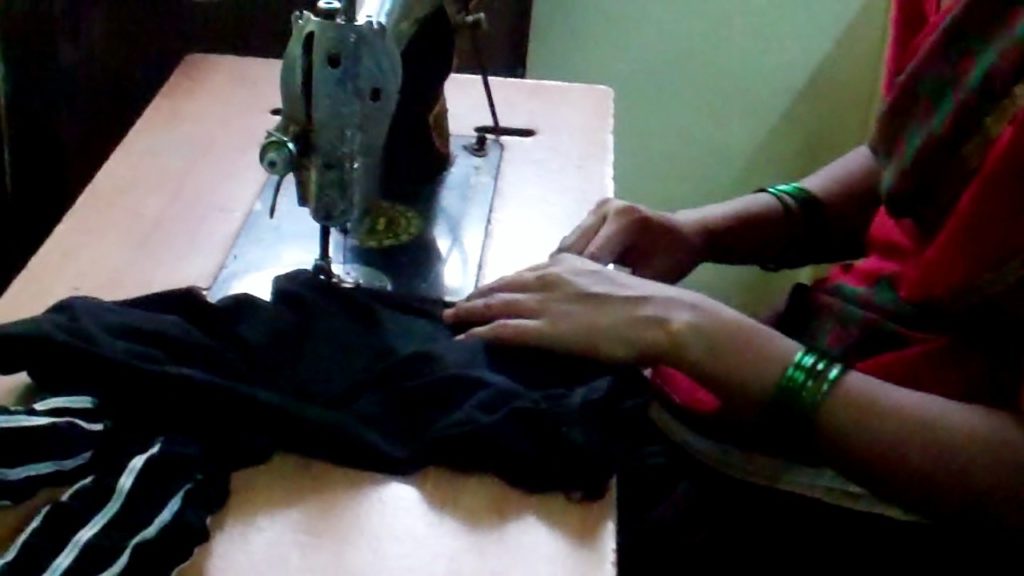
2 comments
I have contributed to a couple of micro loans through World Vision. They do a great job of updating you on the status of the projects being funded. They typically center around women trying to provide for their children on their own via a market shop, food stand, etc. It’s gratifying to be able to help someone literally change her life.
Thank you, Bobbi. I have considered doing this too. Kiva.org is supposed to be another good one.